MS-LS1-7
Develop a model to describe how food is rearranged through chemical reactions forming new molecules that support growth and/or release energy as this matter moves through an organism.
-
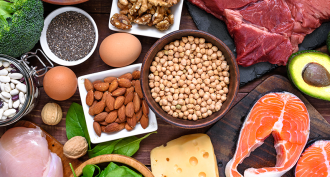 Health & Medicine
Health & MedicineExplainer: What are proteins?
In the body, proteins act as biochemical machines to carry out the work of cells.
By Bryn Nelson -
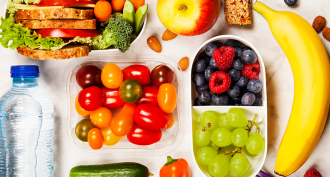 Health & Medicine
Health & MedicineExplainer: Taste and flavor are not the same
What’s behind a food’s flavor? More than what we taste, it turns out.
By Lela Nargi -
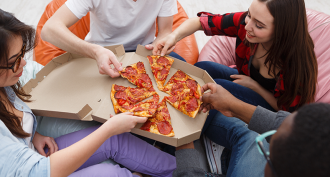 Environment
EnvironmentRestaurant diners may ingest extra pollutants
People who dine out have higher levels of certain potentially harmful pollutants in their bodies than do people who eat home-cooked meals, new data show.
-
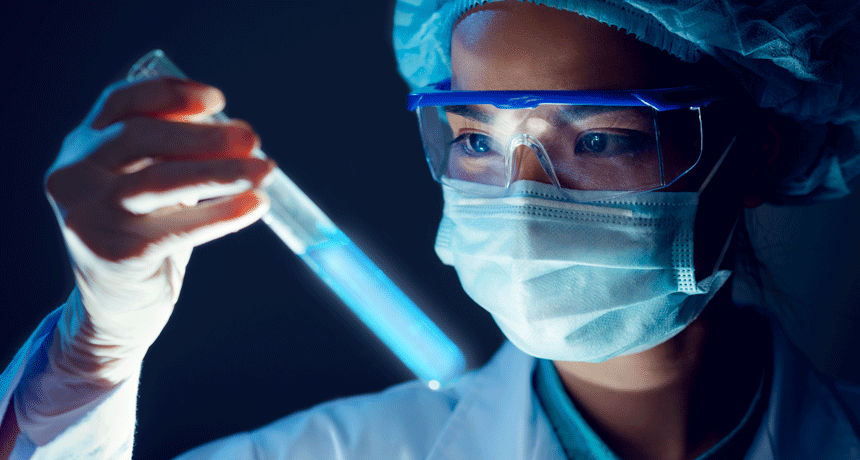 Chemistry
ChemistryScientists Say: Catalyst
Sometimes a chemical reaction can take a while. If speed is needed, a catalyst can help.
-
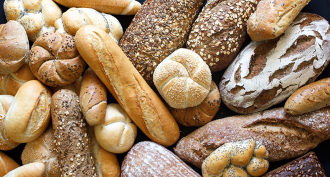 Health & Medicine
Health & MedicineYour gut’s germs may decide whether white bread or whole wheat is best — for you
Surprise! Gut microbes may determine how your body responds to starches in the diet.
-
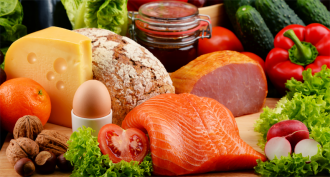 Chemistry
ChemistryCool Jobs: Counting calories
Do calories count? A nutrition label doesn’t tell the whole story. Meet three researchers working to shed light on the complex connections between food and health.
-
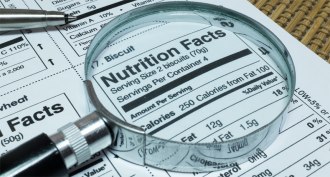 Health & Medicine
Health & MedicineExplainer: All about the calorie
Calories are a measure of how much energy is in a food. But when it comes to powering our bodies, not all calories are equally available to the body.
-
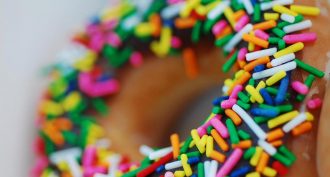 Health & Medicine
Health & MedicineWhy trans fats became a food villain
Trans fats are now known as a dietary villain. But in the beginning, scientists thought they were better than butter.
-
 Health & Medicine
Health & MedicineZebra finches can ‘drink’ water from their own fat
When water is scarce, thirsty zebra finches can produce their own water. They do it by breaking down their body fat.
By Susan Milius -
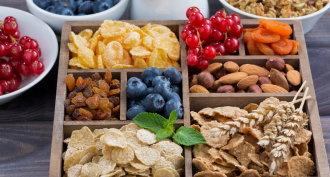 Health & Medicine
Health & MedicineThis supplement makes calorie-rich foods less tempting
A supplement that contains the fatty acid propionate causes the brain to rate high-calorie foods less appealing.
-
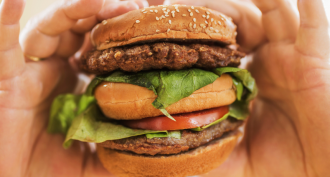 Health & Medicine
Health & MedicineGrandparents’ diet could be a weighty issue for grandkids
Australian scientists have found that fat mice can pass on a heightened risk of obesity to their sons and grandsons.
By Dinsa Sachan -
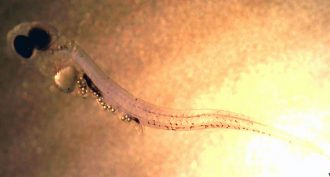 Environment
EnvironmentUh oh! Baby fish prefer plastic to real food
Given a choice, baby fish will eat plastic microbeads instead of real food. That plastic stunts their growth and makes them easier prey for predators.